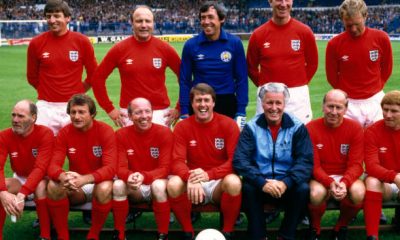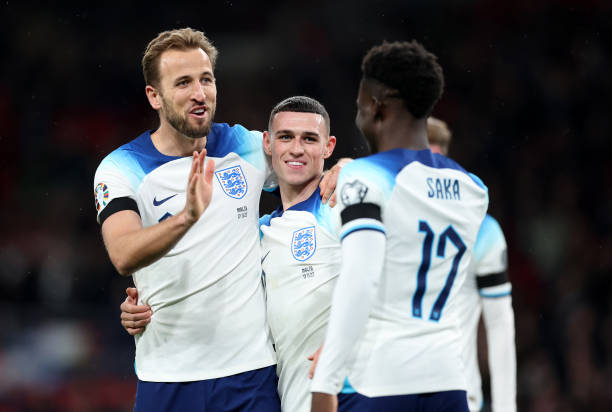
Introduction
England’s victory in the 1966 FIFA World Cup remains their only major international football triumph. Despite producing world-class players and competing in every major tournament, the Three Lions have struggled to secure another trophy. The question remains: why has they failed to replicate their 1966 success? In this article, we explore the key factors behind England’s international trophy drought and analyze what needs to change for future success.
1. Tactical Shortcomings and Managerial Instability
One of England’s major issues has been the inconsistency in tactics and managerial approaches over the decades. The team has often lacked a clear tactical identity, shifting from one philosophy to another with every new coach.
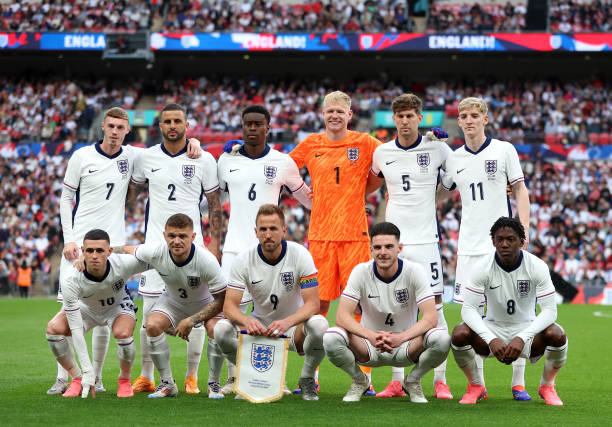
- Lack of tactical evolution: While other nations like Germany, Spain, and France adapted modern playing styles, England often relied on outdated tactics.
- Managerial turnover: Since 1966, The squd has had numerous managerial changes, with many failing to leave a lasting impact. Frequent disruptions have prevented long-term stability.
- Conservative playing style: English managers have often been criticized for adopting overly defensive or pragmatic tactics rather than attacking football, which has cost them in key moments.
2. Penalty Shootout Woes
The team has developed a reputation for faltering in penalty shootouts. Their losses in major tournaments, including Euro 1996, the 1998 World Cup, and Euro 2020, highlight their struggles under high-pressure situations.
- Lack of preparation: Unlike nations like Germany, who meticulously prepare for penalties, England has historically underprepared.
- Psychological pressure: The weight of expectation and past failures have created a mental block, leading to anxiety-ridden performances.
- Missed opportunities: Key players like David Beckham (Euro 2004), Steven Gerrard (World Cup 2006), and Marcus Rashford (Euro 2020) have all missed crucial spot-kicks in decisive moments.
3. Development and Over-Reliance on the Premier League
The Premier League is arguably the best domestic football league in the world, but its success hasn’t necessarily translated to international success.
- Lack of English player development: Many Premier League teams prioritize foreign talent, limiting opportunities for young English players to develop at the highest level.
- Fatigue from club football: English players play in a physically demanding league, which often leaves them exhausted before international tournaments.
- Style of play differences: The Premier League’s fast-paced, physical style doesn’t always align with the more technical and tactical nature of international football.
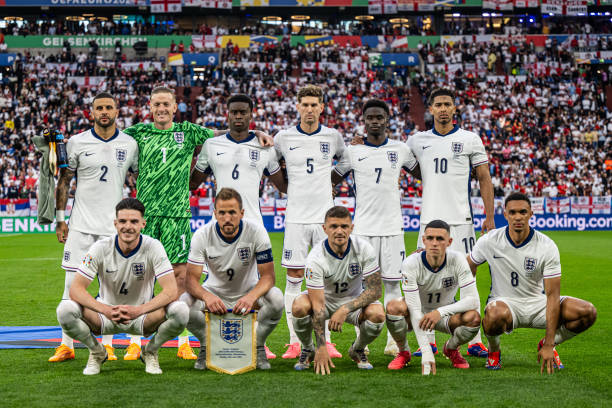
4. Failure in Big Matches and Lack of Tournament Experience
The team has often fallen short in crucial matches, unable to deliver under the pressure of the knockout stages.
- Mental fragility: The inability to handle big-game pressure has led to underwhelming performances in semi-finals and finals.
- Inexperienced squads: Compared to teams like Germany or Italy, England has historically had fewer players with deep international tournament experience.
- Tactical naivety: England’s approach has often been one-dimensional, lacking adaptability when facing elite opposition.
5. Stronger Competition from Other Nations
International football has evolved, with more teams developing world-class squads and tactical expertise. England has had to compete against legendary squads such as:
- Germany (1974, 1990, 2014 winners) – Tactical discipline and penalty shootout prowess.
- Brazil (1970, 1994, 2002 winners) – Flair, skill, and attacking dominance.
- Spain (2008, 2010, 2012 winners) – Possession-based dominance.
- France (1998, 2018 winners) – Balanced squads with tactical flexibility.
Compared to these nations, England has lacked a long-term footballing philosophy and continuity in player development.
6. Poor Squad Selection and Questionable Tactical Decisions
There have been multiple instances where England managers have made questionable squad selections or tactical errors that proved costly.
- Euro 2004: Dropping a young Wayne Rooney backfired as England lost to Portugal.
- World Cup 2006: A rigid 4-4-2 formation led to England’s struggles against more flexible teams.
- Euro 2020 Final: Gareth Southgate’s defensive substitutions invited pressure, ultimately leading to a penalty shootout loss to Italy.
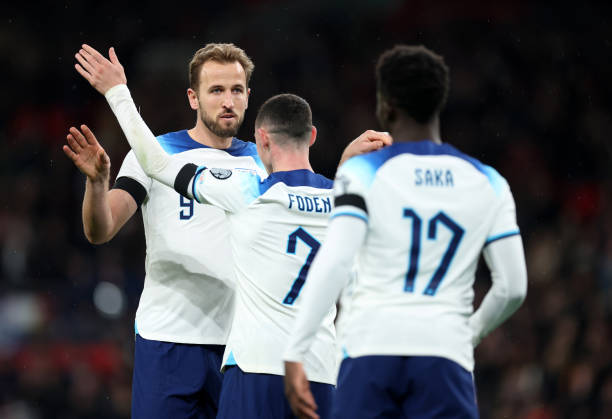
7. Psychological Burden and Media Pressure
The English media places immense pressure on the national team, often overhyping expectations and scapegoating players after failures.
- Toxic media environment: Players like David Beckham (1998), Wayne Rooney (2006), and Bukayo Saka (2020) have faced intense criticism after tournament exits.
- Fear of failure: The burden of expectation often leads to conservative performances.
- Comparison with 1966: Every tournament campaign is compared to 1966, creating unrealistic pressure on the squad.
What England Needs to Do to End the Drought
SUGGESTED FOR YOU
10 Best & Worst Premier League Owners of All Time
For England to finally win another major international trophy, several changes need to be made:
- Establish a Clear Footballing Identity – Teams like Spain (tiki-taka) and Germany (high pressing) have succeeded with defined styles of play. England must find and stick to their own philosophy.
- Improve Youth Development – Continued investment in academies and increasing English player opportunities in the Premier League.
- Enhance Mental Toughness – Working with sports psychologists to overcome historical fears and penalty shootout weaknesses.
- Smarter Tactical Decisions – Adapting to opponents rather than sticking to rigid game plans.
- Reduce Premier League Fatigue – Finding ways to manage player workloads leading into international tournaments.
Conclusion
CHECK OUT TOP 3 FREE BETTING PREDICTION SITES
Accuratepredict.com Soccerpredictions.net Betloy.com
England’s failure to win a major international trophy since 1966 can be attributed to a mix of tactical issues, mental fragility, managerial instability, and external pressures. While progress has been made in recent years, with strong showings in the 2018 World Cup and Euro 2020, England still needs to address these long-standing issues to finally lift another major trophy. If they can implement key changes and build on recent successes, the dream of international glory may finally become a reality in the near future.


